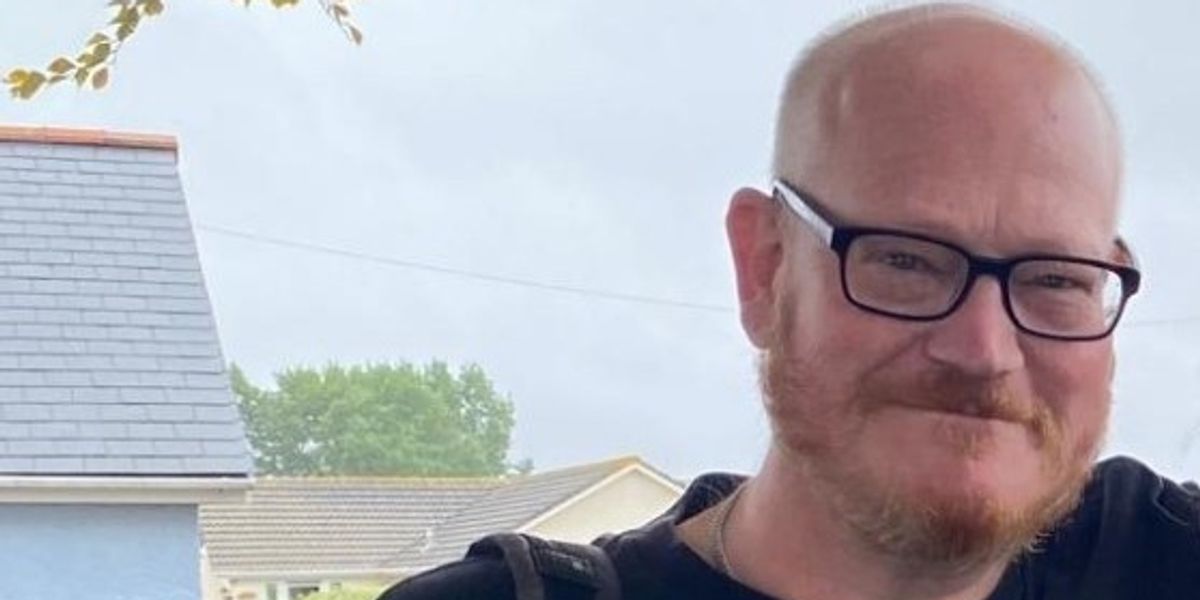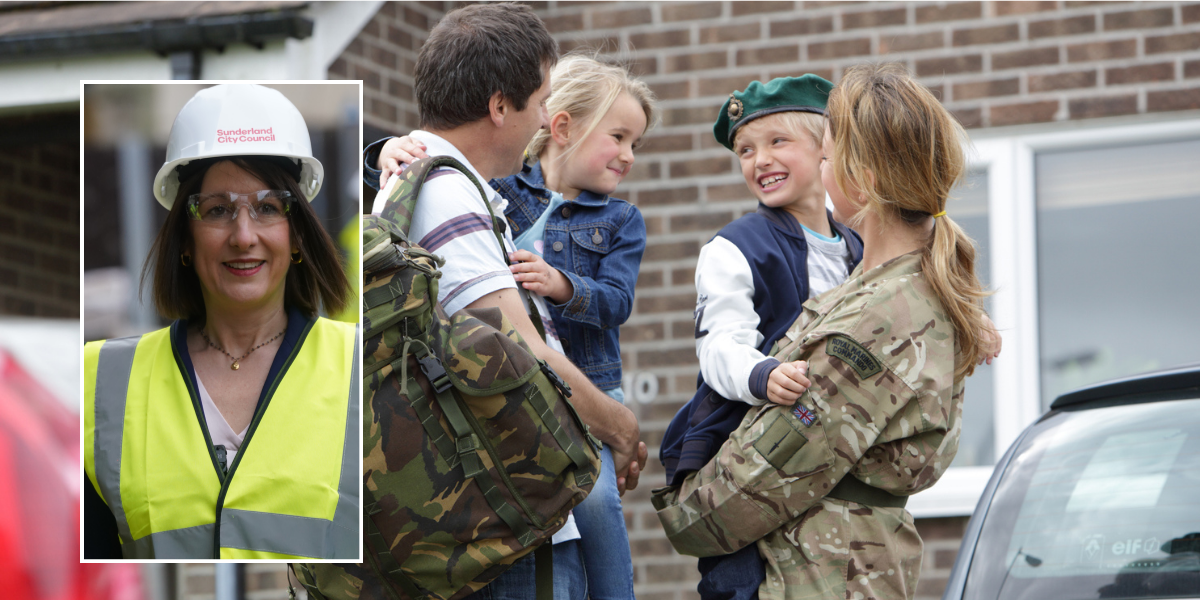Of all the images to have streamed out of Gaza on Sunday, perhaps the most telling was, ironically, that of a camera itself.
The four Kalashnikov-wielding Hamas fighters standing atop the white pick-up truck were not particularly noteworthy in themselves.
After all, such a scene was repeating itself at locations across the benighted enclave on day one of the historic hostage release deal.
Standing among them, however, was a colleague – apparently of equal status – brandishing not a gun but a large and modern tripod-mounted camera.
“Salute to the media team,” posted one Hamas supporter – apparently without a shred of irony – beneath a picture of the group posted online.

Because, indeed, the first day of the ceasefire was nothing short of a PR triumph for the terrorist organisation.
For 15 months, Benjamin Netanyahu has insisted that the purpose of the war in Gaza was, as well as returning the hostages, to destroy Hamas.
And yet, within hours of the ceasefire taking place, the world was flooded with images of the men of the Al-Qassam Brigades, the group’s armed wing, apparently in fine fettle: neatly uniformed, professionally armed.




Their message? Doubtless that Netanyahu’s 15-month bombardment of the enclave had demonstrably failed; that the Palestinian “resistance, as they like to style it, cannot be crushed. Perhaps even that, as a fighting force, they are back.
The group had several factors to their advantage.
The light, for one, a photographer’s light – late afternoon, with the low winter sun producing heroic silhouettes.
Also their control of the key locations, and, crucially, of the camera angles, meaning they could make the crowds seem bigger than perhaps they really were.
“Projected on mega screens and across social media, the long-awaited release of three female Israeli hostages, in captivity for 15 months, showed us the power of the image, a tool that is especially amplified during wartime,” said Dr Burcu Ozcelik, senior research fellow at the Royal United Services Institute.
“The visuality of armed Hamas fighters seemingly in charge of the handover operation was choreographed to send a message, ‘We are still in control of Gaza, we are undefeated.’”
This embedded content is not available in your region.


But to what extent is this actually true?
On the issue of numbers, Sunday’s pictures looked good for Hamas to the casual observer.
They were clearly able to field enough men with the correct uniform and equipment to appear in multiple locations at once.
In Saraya Square, for example, the location in Gaza City where the three hostages were handed over to the Red Cross, they managed to look numerically strong and in command by keeping the crowd of civilians in check.
This embedded content is not available in your region.
None of this necessarily contradicts Israel’s estimation that it has killed roughly 20,000 of Hamas’s approximately 40,000 fighters since Oct 7 2023, a claim repeated by Herzi Halevi, the Israel Defense Forces chief of the general staff, on Tuesday as he announced his resignation.
Amos Yadlin, Israel’s former military intelligence chief, was not surprised that Hamas managed to gather hundreds of armed members for a military parade.
“Nobody claimed that we destroyed every member of Hamas but we killed their leadership and most of their brigade and battalion commanders, and the IDF destroyed their capability to carry out another Oct7 attack,” he told TheTelegraph.
Dr Ozcelik puts it in a broader context.
“Israeli officials say that two of Hamas’s 24 battalions are operational,” she said.
“Over the course of the war, senior Hamas commanders and trained rank and file fighters have been killed, and weapons arsenals and military capabilities degraded.
“While Hamas is reported to have recruited more men to join its fight against Israel, this draws upon an angry and motivated, but poorly trained and inexperienced, pool of recruits from Gaza.”
This embedded content is not available in your region.
In other words, the Al-Qassam Brigades’ new recruits aren’t very good. However, several thousand armed and angry young men still represent a significant threat.
“This should not be cause to trivialise the risk that Hamas poses – even if a small number of their future attacks are successful, they can still hurt Israelis,” said Dr Ozcelik.
“But it is not an accurate assessment, in my view, to say Hamas has survived the war unscathed – that is simply not true.”
Rather than a strategic triumph, then, perhaps Sunday should be seen as Hamas putting the best spin on the hammering they have received at the hands of the IDF in recent months.
Bruce Hoffman, the senior fellow for counter-terrorism and homeland security at the Council on Foreign Relations, said: “The loss of its command structure, I would argue, is one of the reasons that Hamas was more inclined to do this deal now.
“They desperately need the 1,000 prisoners to re-populate their ranks and fill the gaps created by the deaths of almost all their most senior commanders.”


Other experts counsel against reading too much into the small arms visible on Sunday, even if some of them appeared to be western manufactured.
As Mr Yadlin put it, “almost every family has a Kalashnikov hidden somewhere”.
But when it comes to bigger equipment, according to Ronen Solomon, an Israeli intelligence analyst: “What has been affected is the strategic capabilities like the rockets, missiles, boats, the anti-tank capabilities.
“But you can’t eliminate the small tactical arms and cars, SUVs, in Gaza.”
Ultimately, it is not known to what extent Israel has destroyed, or even discovered, Hamas’s vast network of tunnels beneath Gaza.
That, plus the fact that the IDF never devoted sufficient troop numbers to occupy the whole enclave at any single time, meant that while Hamas was severely weakened, it was never destroyed.
As such, another thing we learnt on Sunday is that the group clearly intends on continuing as the civil authority in the strip for as long as peace lasts.
Videos showing uniformed police officials engaging with the public may well have been part of their publicity plan.
Meanwhile, pictures of children, perhaps not entirely sure of what they were doing, saluting alongside a far more serious-looking Hamas fighter indicates how serious the group is about its hearts and minds mission.













